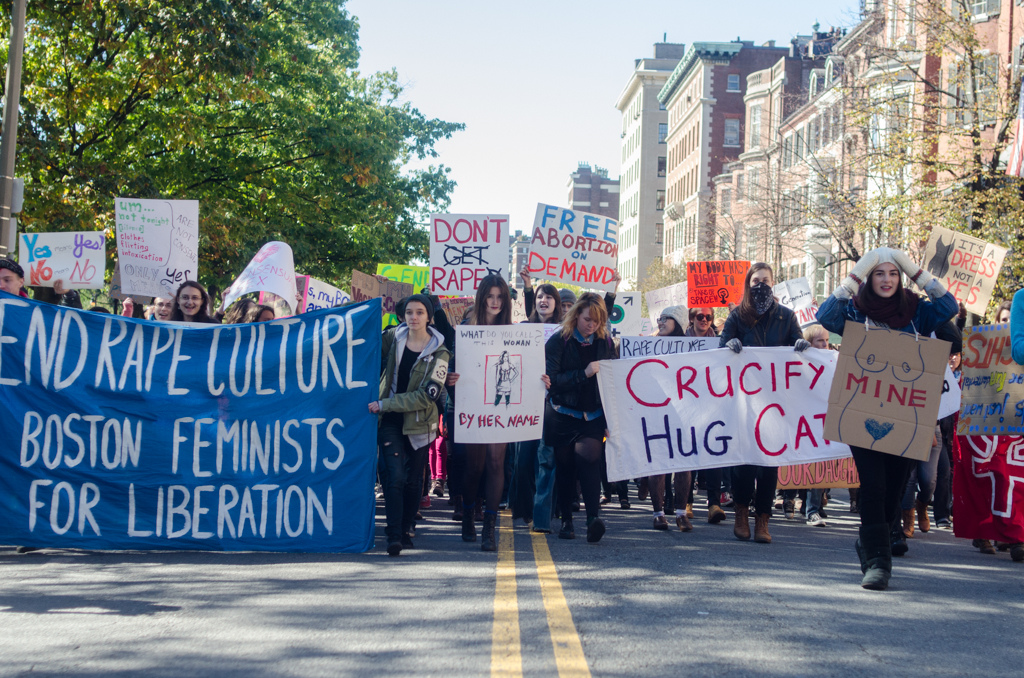Professors who have taught college courses for decades say the system is broken as higher ed has become “profoundly unintellectual”
04/14/2018 / By JD Heyes

Two veteran academics recently offered their views on the state of higher education today in America, and frankly, their assessments are chilling.
As reported by The College Fix, the academics say today’s college students have no time for “intellectual curiosity,” and they are “situationally confused.” What’s more, students’ sexual promiscuity, which appears to be at an all-time high, is about the only aspect of their lives universities refuse to regulate.
The sited noted further:
Two veteran academics who have diagnosed different plagues in modern higher education have little optimism for young people entering college for the foreseeable future, judging by their presentations to a conference this past weekend at Franciscan University of Steubenville, a conservative Catholic institution.
College students have no passions today and “aren’t trained to pay attention to the things they feel connected to,” former Yale English professor William Deresiewicz told the gathering on the “crisis” in American higher education at the Veritas Center for Public Ethics.
Overall, Deresiewicz said, higher ed has devolved into something “profoundly unintellectual,” while student life has become laser-focused on “accumulating gold stars.” He has, in recent years, publicly disavowed Ivy League education after departing Yale University.
Deresiewicz, the author of the book “Excellent Sheep,” which examines and analyzes his views about how elite education is failing students, told the Franciscan audience that most students today equate being intellectual with getting good grades. He said most now focus mainly on learning structured parts of their classes, they “don’t have time for intellectual curiosity.”
And students “can’t think for themselves because they don’t have time,” he added.
Deresiewicz said he began giving students A-minuses instead of A’s on their papers for simply checking off all necessary boxes for the higher grade without really offering much additional insight, which is important for professors who seek to gauge a student’s overall grasp of the materials. He said that instead, he has begun working with those students to assist them in their ability to delve deeper, intellectually, into the materials presented them.
He recounted a time when a female student told him, “I hate all my activities, I hate all my classes, I hated high school, and I expect to hate my job,” adding that the student had merely accepted that as her new reality.
Oftentimes, Deresiewicz said, those students go into higher-paying professions like finance, medicine and law because they are more lucrative, or they believe them to be — not because they really want to do those jobs. (Related: Fed up: North Carolina State University students sue to uphold their free speech rights.)
“You might as well go to Wall Street and make a lot of money if you have nothing better to do,” he joked.
And while there are “a large number of [students who are] mentally smart,” they are nevertheless “situationally confused graduates.” Too many enroll in Teach for America after they graduate because they see that as a logical next step. There’s nothing wrong with non-profit work, but he said many students often use that as a crutch because they have no real idea how they’re going to live their lives and what they’re going to do.
Deresiewicz went on to point out that the sexual behaviors of college students are as degraded as their intellectual efforts.
Vigen Guroian, a professor of religious studies in Orthodox Christianity at the University of Virginia, said that there is a sort of college sexual free-for-all taking place on many campuses, according to emails and other communications he’s received from students around the country following an article he wrote for Christianity Today in recent years.
And while he said he wasn’t attempting to convince his then-employer Loyola College in Maryland to change policies regarding sexual activities of students, he does believe that “the college experience has an impact on the marriages our children make” as well as the divorce rate in America.
See more stories like this one at CampusInsanity.com.
J.D. Heyes is a senior writer for NaturalNews.com and NewsTarget.com, as well as editor of The National Sentinel.
Sources include:
Tagged Under: campus insanity, Collapse, college campuses, college students, dysfunctional millenials, grades, intellectual laziness, Ivy League, out of control, profoundly unintellectual, public education, public schools, sheeple, stupid, universities




















